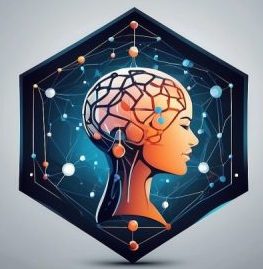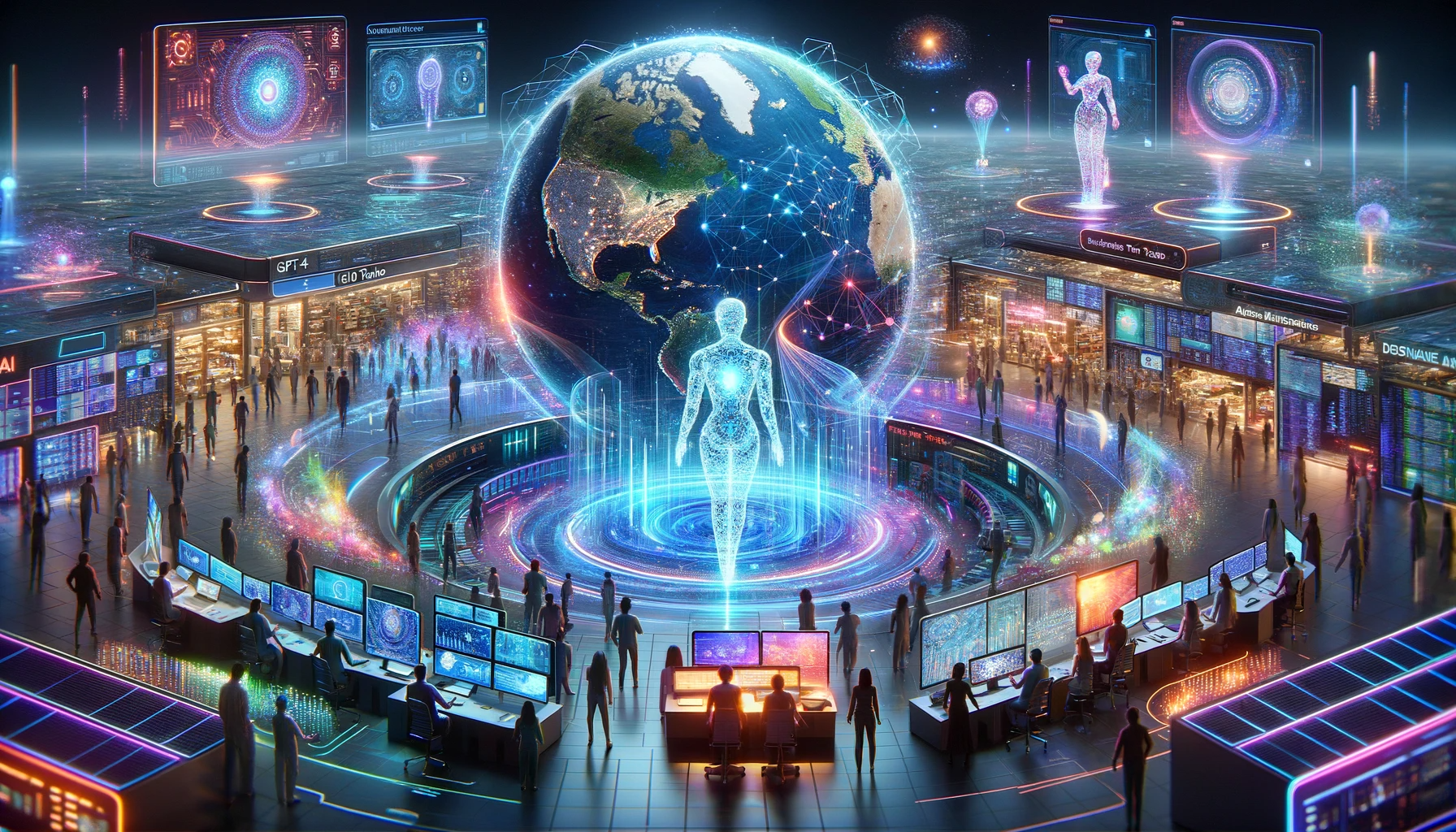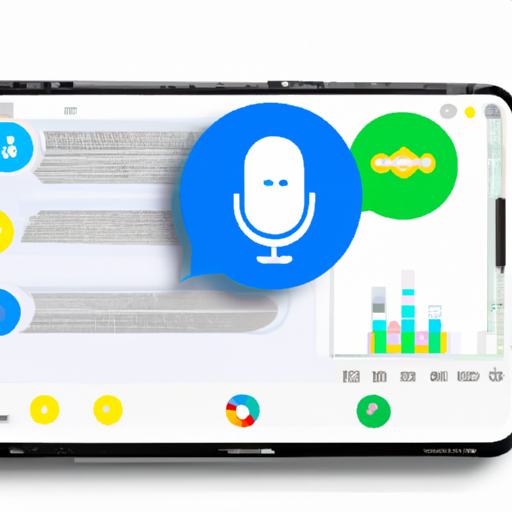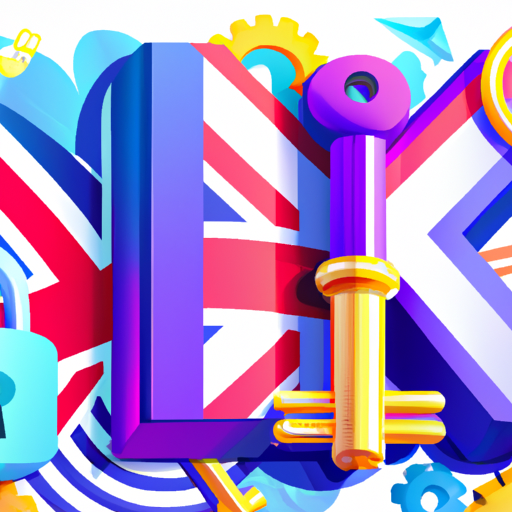Introduction: Good morning, AI aficionados and tech enthusiasts! Today, we’re diving into the groundbreaking announcements from OpenAI’s first-ever Dev Day, where the AI landscape was reshaped before our eyes. From the introduction of GPT-4 Turbo to the deepening ties with Microsoft, let’s unpack the future of AI that’s unfolding right now.
OpenAI’s Milestones and GPT-4 Turbo: It’s been a whirlwind year since the release of ChatGPT, and OpenAI hasn’t hit the brakes. With GPT-4 still leading the pack, the recent addition of voice and vision capabilities has transformed ChatGPT into a sensory powerhouse. And if that wasn’t enough, DALL-E 3 has taken the image model world by storm.
But the star of the show? GPT-4 Turbo. This new model is a quantum leap forward, boasting a staggering 128,000 tokens of context—think of it as having the attention span of 300 book pages. It’s not just about the length; it’s about the precision and control over long contexts that sets it apart.
Microsoft’s Role and the Future of AI: Satya Nadella, Microsoft’s CEO, graced the stage to highlight the symbiotic partnership between Microsoft and OpenAI. It’s a union that’s redefining the infrastructure of AI, with Azure evolving rapidly to support these advanced AI models. Microsoft is committed to providing the best systems for training and inference, ensuring that safety is a priority from the get-go.
ChatGPT Upgrades and GPTs: ChatGPT itself has received a significant upgrade, now powered by GPT-4 Turbo. It’s more knowledgeable, more intuitive, and, thankfully, the model picker has been retired. ChatGPT will now seamlessly choose the best model for your needs.
The introduction of GPTs, generative AI agents tailored for specific purposes, is a game-changer. Imagine instructing Canva to design a poster through natural language, or using Zapier to manage tasks across thousands of apps—all through the power of GPTs.
The GPT Store and Revenue Sharing: Later this month, the GPT Store will open its virtual doors, allowing developers to publish and monetize their custom GPTs. OpenAI is committed to sharing revenue with creators of the most useful and popular GPTs, fostering a thriving ecosystem.
The Assistance API and Building AI Apps: Building custom AI assistants has never been easier, thanks to the new Assistance API. It simplifies the creation of assistive agents, complete with persistent threads, built-in retrieval, a Python interpreter, and improved function calling. The demo showcased how an AI assistant could enhance a travel app, making it more interactive and responsive to user needs.
Closing Thoughts: The announcements from OpenAI’s Dev Day are not just incremental updates; they’re the building blocks of a future where AI is seamlessly integrated into every facet of our digital lives. With the power of GPT-4 Turbo and the vision of AI agents, we’re on the cusp of a world where our technological capabilities are amplified beyond our current imagination.
As we look forward to the next Dev Day, it’s clear that what we’ve seen today is just the tip of the iceberg. The AI revolution is here, and it’s time to embrace the superpowers it brings.
Conclusion: Thank you for joining us on this journey through OpenAI’s Dev Day revelations. The partnership between OpenAI and Microsoft is not just about building advanced AI; it’s about empowering us all to create a future where AI enhances every aspect of our lives. Stay tuned, because the AI of tomorrow is being written today, and it promises to be nothing short of extraordinary.





